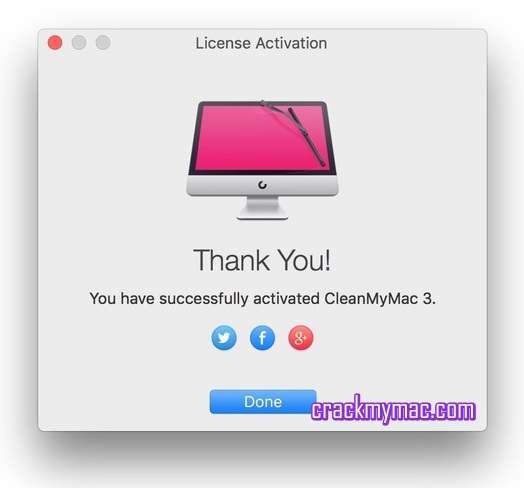

Next, you will need to clone the OpenSnitch repo. sudo apt-get install protobuf-compiler libpcap-dev libnetfilter-queue-dev python3-pip go get /golang/protobuf/protoc-gen-go go get -u /golang/dep/cmd/dep python3 -m pip install -user grpcio-tools As far as I know, this application is only packaged in the Arch User Repository.īefore you start, you need to have Go properly installed and the $GOPATH environment variable is defined.įirst, install the necessary dependencies. If you are using another distro, you will have to adjust the commands.

The installation instructions on the OpenSnitch GitHub page are aimed at Ubuntu users. OpenSnitch processes tab Installing OpenSnitch in Linux OpenSnitch is available under the GPL v3 license. You can also export the information to a CSV file if you wish. What applications are accessing the web.OpenSnitch also has a nice graphical user interface that lets you see at a glance: For example, if you incorrectly blocked an application. OpenSnatch rule requestĪll of the rules that you create are stored as JSON files so you can change them later if you need to. You can also decide whether this new rule applies to the process, the exact URL it is attempting to reach, the domain that it is attempting to reach, to this single instance, to this session or forever. This dialog box gives you the option to allow or block the connection. Each time an application that does not have a rule in place tries to access the internet, a dialog box appears. OpenSnitch allows you to create rules for which apps to allow to access the internet and which to block. The main thing that OpenSnitch does is track internet requests made by applications you have installed. OpenSnitch is created by Simone Margaritelli, also known as evilsocket. Little Snitch, in turn, is an application firewall designed solely for Mac OS. At least, I have it running fine witout macOS firewall turned on (same way I was configured with Little Snitch).OpenSnitch is a port of Little Snitch.

If you run LuLu, do you also need to enable the MacOS firewall? I believe so. For example, if you download malware - or apps that “phone home” without your knowledge - and they want to send personal data across the internet, the macOS firewall won't stop them. The reason is that while the built-in Mac OS firewall monitors and blocks incoming traffic, it doesn't provide any protection against outbound traffic. If you're using your Mac to access any public network. One of the links on the LuLu download page (6 Questions) says:

I buy his stuff (well, it's really donationware) just to support his continued work. The apps are clean, to the point, effective, and easy to manage. LuLu is not only (very) actively developed, the developer is one of the leading Mac security people out there.


 0 kommentar(er)
0 kommentar(er)
